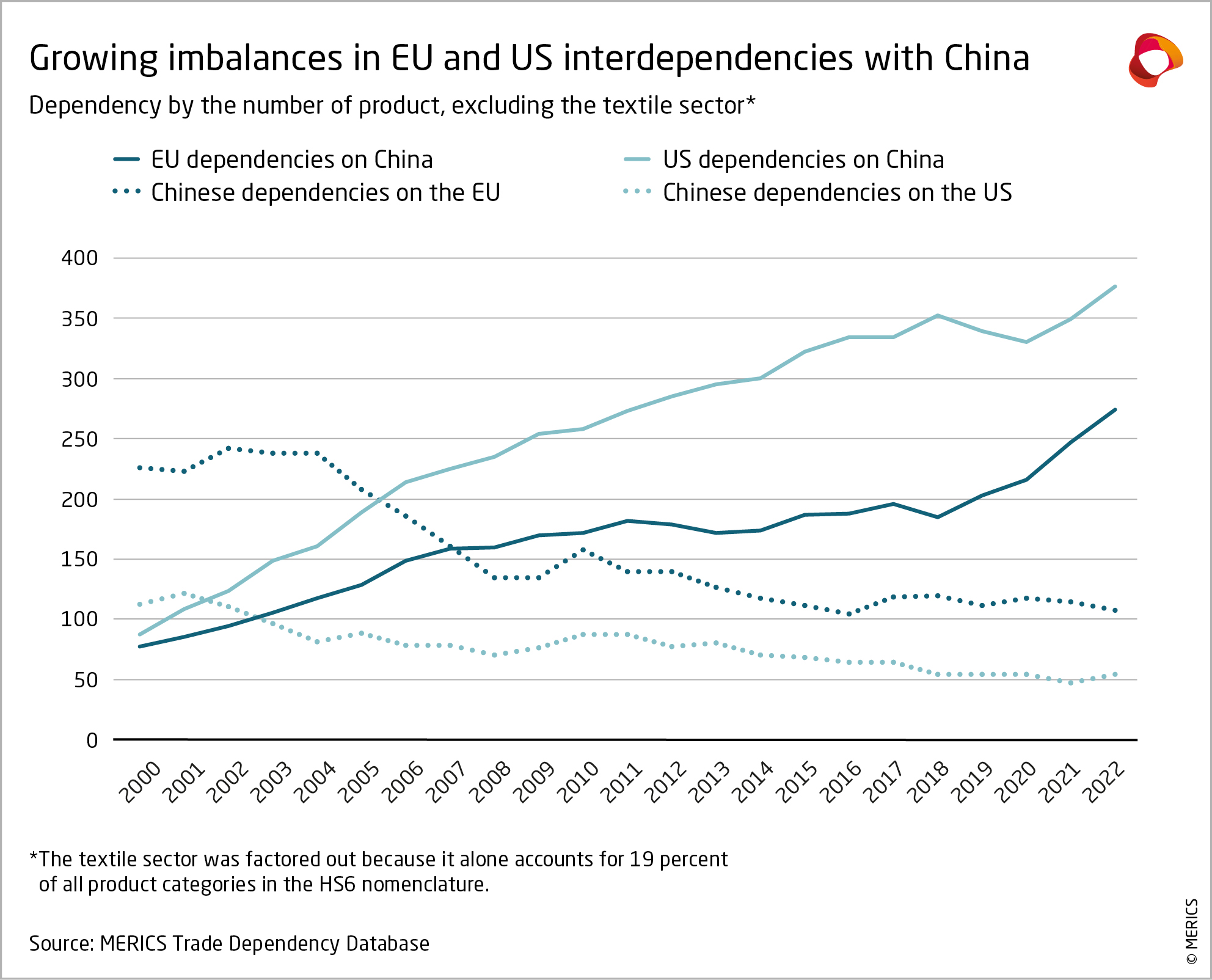China's open-source AI surge challenges U.S. tech leadership and ...
A significant shift in China’s AI strategy towards open-source technology is creating new challenges for U.S. technological leadership, particularly as Chinese AI models gain global adoption and influence.
Current Landscape:
Chinese companies like Alibaba and 01.AI are releasing highly capable open-source AI models that are becoming increasingly popular among developers worldwide.

Strategic Implications:
China’s open-source approach could create global dependencies on Chinese technology, talent, and industry.
Policy Misalignment:
Current U.S. policy focuses on preventing China from achieving AI parity with frontier labs, potentially missing the more immediate threat of Chinese open-source dominance.
Recommended Actions:
The incoming Trump-Vance administration has several options to maintain U.S. leadership in open-source AI.

International Context:
Other nations are already making significant investments in AI development.
Strategic Considerations:
The embedding of values and doctrine in AI models presents additional challenges beyond technical capabilities.

Future Implications:
The rise of Chinese open-source AI models could significantly reshape the global technology landscape while potentially diminishing U.S. influence in AI development and deployment, making it crucial for U.S. policymakers to balance security concerns with the strategic importance of maintaining leadership in open-source AI development.











